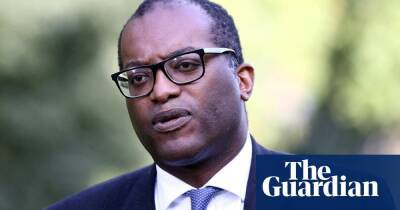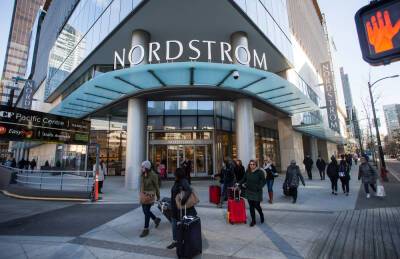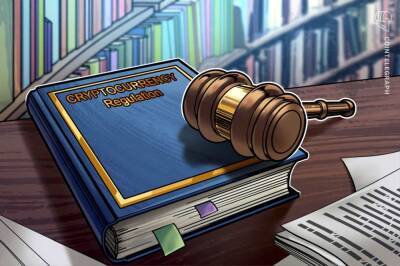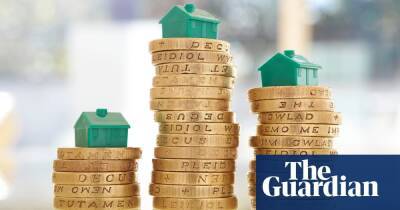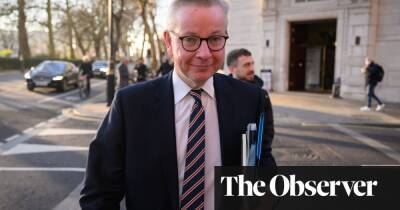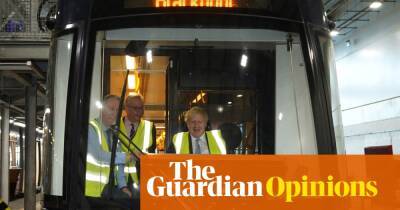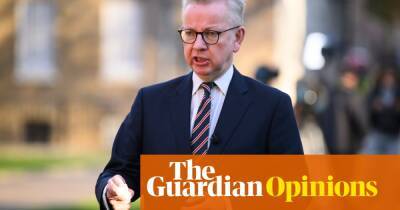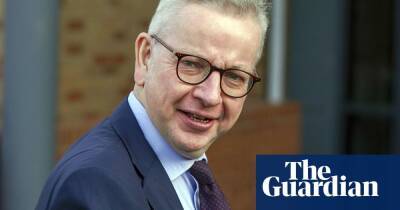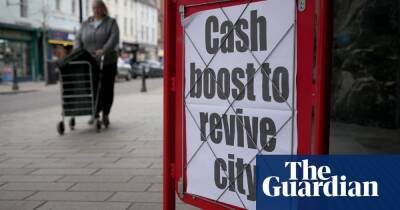Empty promises of ‘levelling up’ will only do harm in the long run
The longer a policy paper, the more likely it is that it’s full of waffle. In the case of the so-called “levelling up” white paper, I don’t doubt, for a minute, the sincerity of Michael Gove, who for a long time has been interested in social mobility and is, from his own political standpoint, genuinely trying to open up opportunity.
But when you’re in a cabinet and government that holds, as its central tenet of philosophy, that it’s no business of government and the state to provide the framework for greater equality, the chances of success are zilch.
Leaving aside that much of the funding is already announced, and the rest unclear, and concentrating on the few new measures proposed, there is little that will genuinely make a difference in “levelling up” the country. The 12 national ambitions to be achieved by 2030 don’t even begin to address the intergenerational challenges and the damage caused by austerity cuts since 2010. The scope of the missions range from transport to local pride, but only two focus on transforming the lives of individuals through education. New bus routes, home ownership and spruced-up streets are important, but unless people’s lives are changed, the physical environment will begin to deteriorate once again.
The white paper recommends a “significant” increase in primary school children reaching expected standards in reading, writing and maths. We know from the report of Sir Kevan Collins, who was appointed by the government to develop plans for post-Covid recovery in the education system, that vast sums of money are needed to reverse the emergence of a divide in outcomes. But, instead of £15bn over five years, which would have made the difference, the government allocated £1.4bn.
The much-vaunted
Read more on theguardian.com






